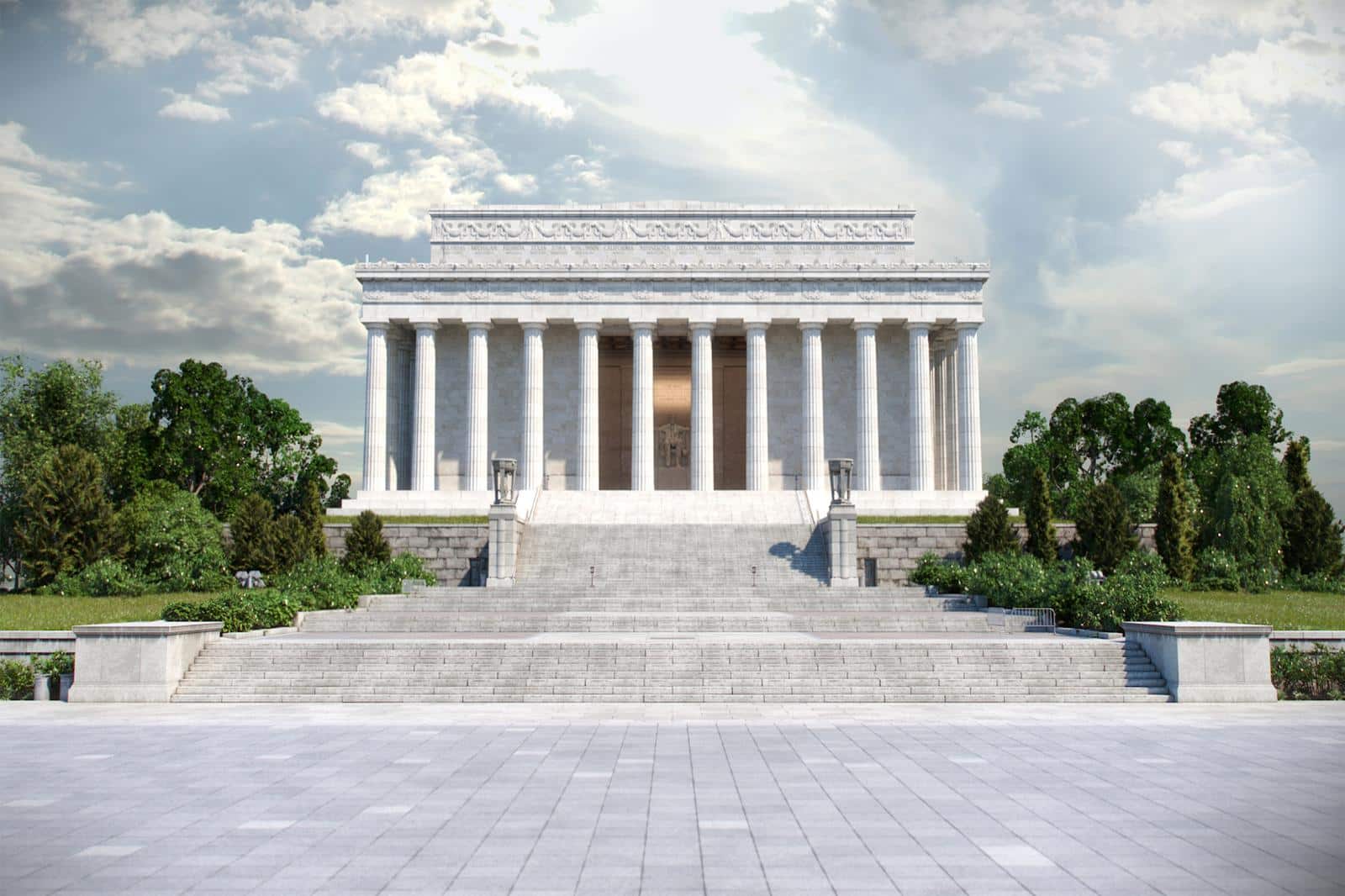Luther v. Borden (1849)
In 1849, the U.S. Supreme Court declined to apply Article IV, Section 4, of the U.S. Constitution, which guarantees states a “republican form of government,” to a…
This encyclopedia provides a comprehensive reference explaining the major concepts, institutions, court cases, epochs, personalities, and policies that have shaped, or been shaped by, American federalism. It describes federalism’s creation and evolution, and its influence on local, state, and national governmental institutions, procedures, and policies. The models used to explain the various historical eras in the development of federalism are also included. Originally published by Greenwood Press in 2005, this encyclopedia contained over 400 entries relating to American federalism. In its current online form, entries are being added and old ones updated. See more…

In 1849, the U.S. Supreme Court declined to apply Article IV, Section 4, of the U.S. Constitution, which guarantees states a “republican form of government,” to a…
This 1987 U.S. Supreme Court case dealt with the controversy over the legally permissible scope of state and local government regulatory land-use power under…
This 1992 U.S. Supreme Court case addresses the question of what constitutes the proper exercise of state and local government regulation over land use…
West Coast Hotel Company v. Parrish (1937) is usually taken to mark the end of substantive due process and the liberty of contract notion…
William Samuel Livingston (July 1, 1920 – August 15, 2013) was a political science professor at the University of Texas, Austin, from 1949 until…
During the summer and fall of 1858 as they contested for a Senate seat across Illinois, Abraham Lincoln and Stephen A. Douglas conducted a…
Morality policy is any policy that seeks to use the coercive power of government to impose or legitimize one set of fundamental values or…
The “three-fifths compromise” refers to the agreement among the framers of the U.S. Constitution that produced the opening sentence of Article I, Section 2,…
See Incorporation (Nationalization) of the Bill of Rights
Created on July 10, 1953, by Congress at the urging of President Dwight D. Eisenhower, the Commission on Intergovernmental Relations (better known as the…
Suzette Kelo provoked a national controversy over land use when she filed a lawsuit challenging New London, Connecticut’s effort to condemn her home in…
Katzenbach v. Morgan (1965) considered a challenge to Section 4(e) of the Voting Rights Act of 1965. That provision in effect substitutes the attainment…
In January 1854, Illinois Senator Stephen A. Douglas introduced a bill to organize and open to white settlement the huge Nebraska territory west of…
79 to 91
|
481 Results
The Center for the Study of Federalism (CSF) is a nonpartisan, interdisciplinary research and education institution dedicated to supporting and advancing scholarship and public understanding of federal theories, principles, institutions, and processes as practical means of organizing power in free societies.
All of the CSF Fellows hold advanced degrees, are affiliated with academic institutions, and are scholarly experts in their fields. For more on each Fellow see CSF Fellows.
Most political and public issues in the United States are influenced to some extent by its federal system. Yet many do not understand that system. The CSF website seeks to foster a better understanding among the general public and scholars of federal governing systems generally and, specifically, of the federal system of government in the United States of America.
The CSF materials are free to use for educational purposes. If published, please acknowledge CSF as the source. If you intend to use these materials for profit, please, contact the Center for the Study of Federalism for permission. Some materials on the website are not owned by CSF and permission to use those materials should be sought with those holding legal title to the material.
Click here to sign-up to receive notifications about CSF materials and events. We will not share your email with any outside organizations or individuals.
Please direct all questions and comments related to this website, and inquiries about the research and teaching grants and awards, to us here. Remember CSF is a nonpartisan, interdisciplinary research and education institution.